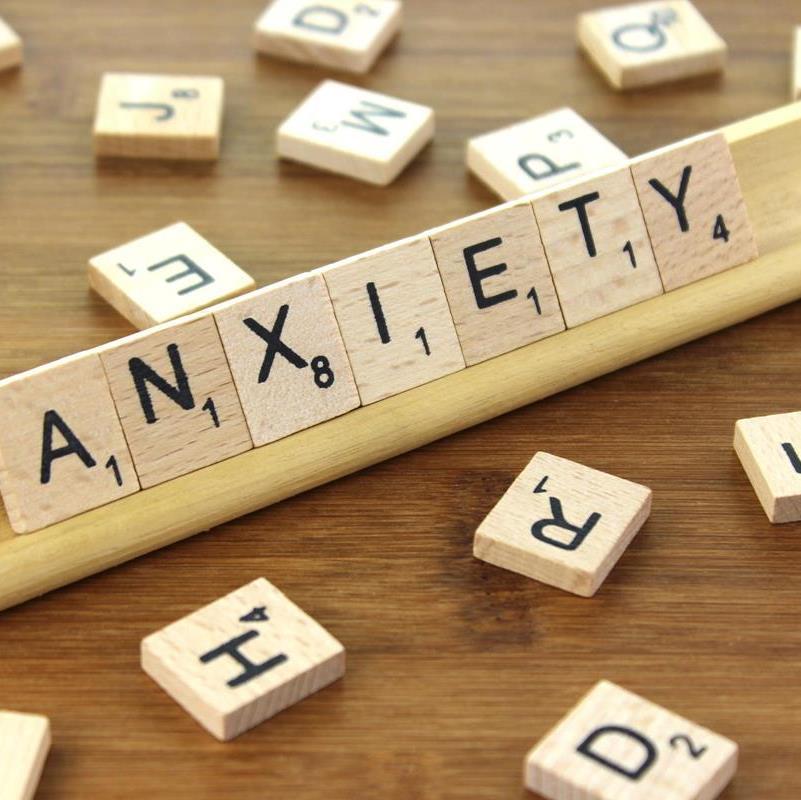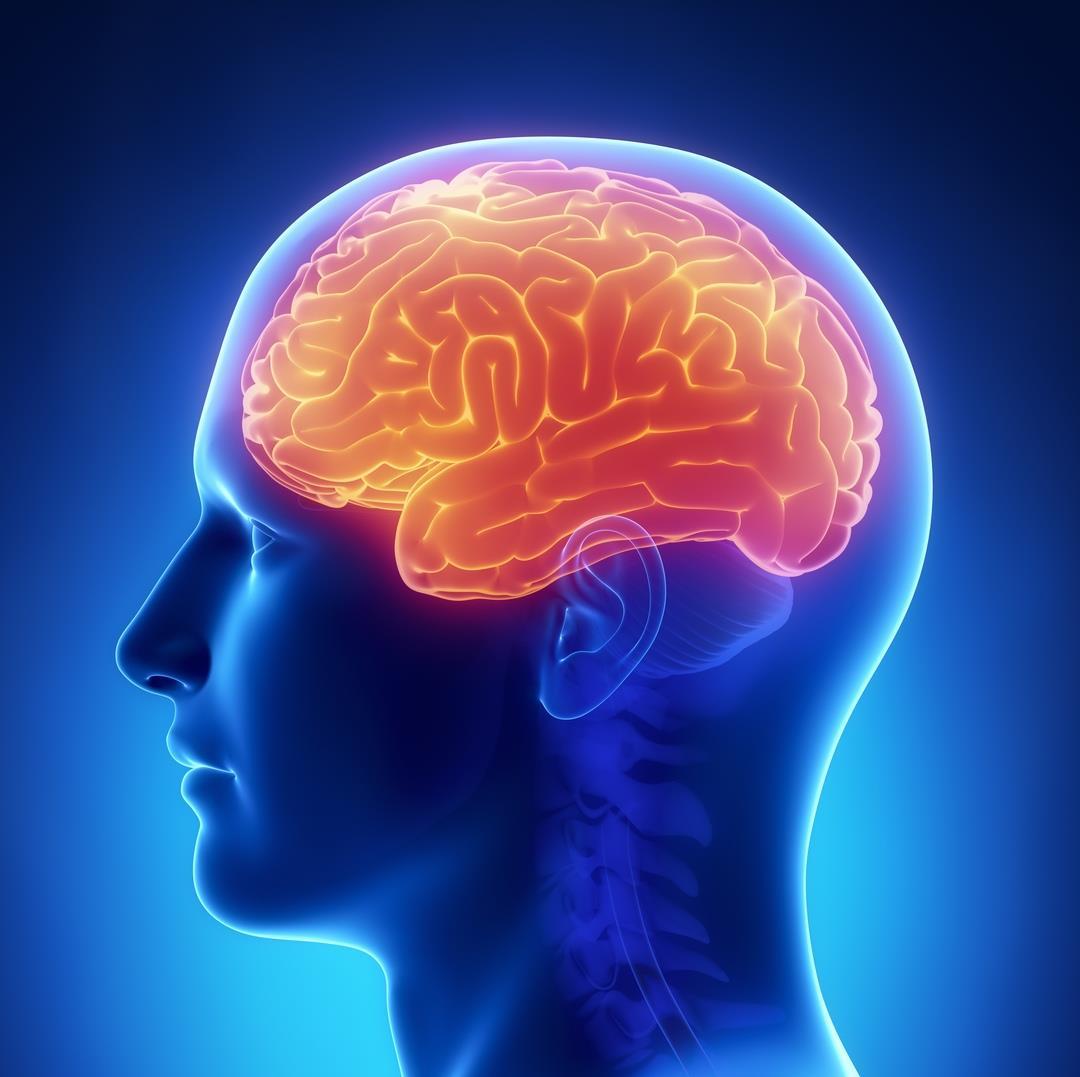Supporting your High School Child with Anxiety


Who we are
• Early intervention service to support low level mental health difficulties in children
• Consist of Educational Mental Health Practitioners (EMHPs) and Mental Health Practitioners (MHPs).
• Our aim is to provide early intervention to prevent mental health difficulties from worsening.
• Provide 1:1 and group support.
• Support the whole school with their mental health, including families and school staff.

Plan for today
What is anxiety Practical ideas to support your child Importance of sleep
What is anxiety?
• A feeling of worry or fear that impacts our thoughts,feelings, physical sensations and behaviours.
• All children feel worried sometimes and this is a normal part of growing up.
• It becomes a problem when a young person feels stuck in it and it becomes overwhelming. After a long time, it can make them feel isolated and exhausted and even stop them doing things they used to enjoy.
• There are things you can do to support them, whichwe will look at today.

What makes a young person anxious?
Lots of change at once
Having responsibilities beyond their age
Being around others who are anxious
Struggling at school
Experiencing family stress
Traumatic experiences
The Vicious Cycle of Anxiety
Thoughts/Feelings
Sense of dread, worrying so much it impacts sleep, preoccupied with negative thoughts,alert to noises and smells, on edge, nervous, panicky
Coping behaviours
Withdrawing or isolating themselves i.e. from school, friends and family
Eating more or less than usual
Sleeping too much or too little
Physical sensations
Panic attacks, feel sick, shallow breathing, tummy aches, dry mouth, tense muscles, sweat, IBS, feel hot
The Teenage Mind
• On top of all that,your teenagers mind is going throughmassive changes and growth & puberty!
• This can make their emotions very reactive, challenging and extreme.
• Some parts of the brain are still not fully developed, such as the frontal part which controls reasoning.
• The speech area of the brain is also undergoing more development, and for a time it is controlled by a part of the brain that can be very reactive to gut reactions, such as fear and danger.
• It's not until later teenage years that the control switches to the part of the brain that can reason more.

The Stress Bucket analogy
• Helps us understand the impact of stressors on our mood and behaviours.
• Some stress is healthy, too much can be debilitating

Practical ideas to support your child with anxiety
Listening
• Listening is one of the most important things we can do to help our teenagers.
• Active listening is a key skill that will help to support and validate how are teenagers feel.
• Does anyone know what active listening is?

Open questions

Questions to try:
“I’d like to know about your day?”
“That sounds really hard, how did that make you feel?”
“ “What do you think will happen?”
“What is the worst that might happen?”
“What is it about (this situation) which is making you worried?”
Closed
Questions: “Did you have a good day?”

Timing is everything!
• Choose a time and a place to have conversations or check in with your teens day that is convenient for both of you.
• Schedule the time in and stick to it if needed!
Questions Validation Normalising
Validate
• Validatinghow your teenager feels is really powerful.
• “I can see how angry it makes you feel when friends leave you out.”
• Try not to offer advice or solutions.
• Help your teen to problem solve the situation.
How do you feel about that?
I think I might feel like that too if it happened to me Being worried is really normal you know
What worries you about this? It does sound worrying
Lots of children in your class would be worried about this
What would happen if you did go/ask/cry?
I can see why you might think that would happen I think your teacher would really understand
Do you notice anything different in your tummy/heart? It feels scary when your breathing gets faster doesn’t it? That happened to me when I …
What is the worst that could happen? That must feel quite scary? I get scared when my worries grow too
Praise
• Praise.
• Be specific, tell them what it is exactly that you have liked about their behaviour/problem solving skills/decisions.
• Positive reinforcement will help to enforce positive behaviours

Helping your child get enough sleep

Why is sleep so important for teenagers?
A teenager's body chemistry changes when they enter puberty, and this affects the amount of sleep they need and the time their body tells them to sleep.
• Growth hormone is released
• Less irritable, positive impact on mental health
• Improves memory, relearn the days important learning as moved to long term memory

How can you help?
• Encourage a regular bedtime routine.
• Encourage exerciseduring the day.
• Ensure room is well ventilated and dark.
• Discourage use of technology before bed.
• Model good sleep routines yourselves.
• Encourage teensto stick to bedtime routines even over holidays.
• Avoid conflict before bedtime.
Reflection

What has stuck with you today?
Anything you’ve found particularly useful?
Anything you are going to try moving forwards?
How to get support
Speakto your child’s form tutor or speak to the Mental Health Lead (Mrs Skillen) and ask for supportoff the Mental Health Support Team.

Useful websites

Please

☺
leave us some feedback

Any questions?

















